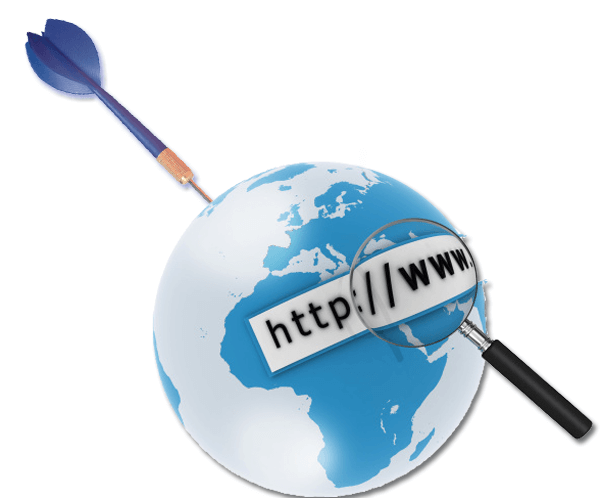How to Optimize for International SEO
Turning a business into a global enterprise is easier than ever before with the rapid spread of the Internet. Targeting people from different countries and cultures is as simple as getting to know how to best market to them, which includes learning how to properly optimize for international SEO.
International SEO is different from optimizing for one type of people. Below are some tips on how to get started in the right way.
Use the Right Top-Level Domain
If a website’s intended international audience involves people native to just one country, then it is beneficial to use a country code top-level domain (ccTLD).
While there are mixed opinions on if this directly affects how search engines value websites for results, it does affect users visiting a website. There is a certain amount of trust gained when the domain that they are about to visit is native to their country, which means that statistics like bounce rates will be reduced.
Define the Correct Language
If a website is in one language, then it is best to use the “rel=alternative hreflang=x” link attribute to allow search engines to know what language a website is primarily in.
If a business owns multiple websites in different languages or pages for people from a different region, then it can be used like so:
Both pieces of metadata inform search engines that there is a “better” page for searchers coming from the global version and the regional version, one focused for UK searchers, of search engine.
Be Careful About Hosting
While large search engines like Google have already stated that they don’t’ consider the physical distance of a server to a person using a search engine, they do consider the load time of the page for those users.
Regardless of if a content delivery network (CDN) or traditional type of web host is used, ensure that pages on that host load in a time that is under two seconds. Latency is one of the more important factors when determining ranking in search results.
Tailor Content to the Right Culture and Language
Above all else, this is the single most important factor when deciding successful international search engine optimization.
Culture is important to consider, as visitors coming from a certain region may expect something different from a website than visitors from another region might.
For example, ensuring a low bounce rate and a high click-thru-rate when targeting visitors from China may require an entirely different type of content organization than if the campaign was targeting visitors in South America.
The other point to consider when it comes to website content is the language that region-specific pages are written in. For most cases, it’s best to shy away from automatic translations or even translations from non-native speakers. The small intricacies of language that only a native speaker would be aware of can make or break an international campaign. When possible, use a native speaker to develop content for that demographic.










